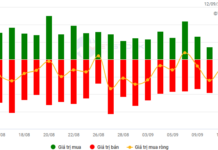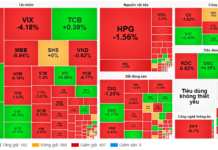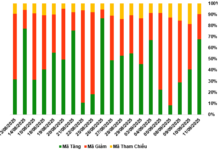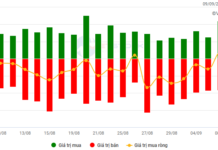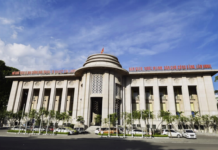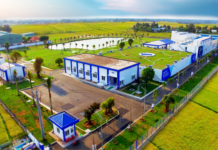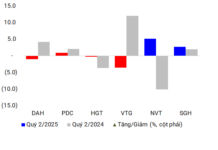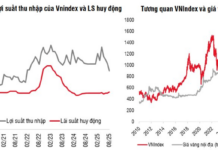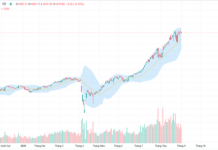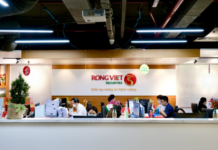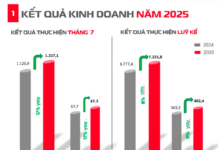If two years ago the market for buying, selling, and merging (M&A) was dynamic as domestic businesses sought to increase market share after the pandemic, the game has now reversed.
Recently, despite economic and real estate market challenges, investment and real estate M&A transactions still take place. In particular, the total value of investment and real estate M&A transactions reached $729 million (9 months of 2023), a 33% decrease compared to the same period due to the lack of high-value deals.
According to Cushman & Wakefield, from the 2023 transaction data, foreign investors still account for the majority of transaction activities, acquisitions, and real estate investments. Meanwhile, the domestic sector accounts for less than 10% of the total number of transactions. A representative of Cushman & Wakefield believes that this is because domestic businesses are currently facing many disadvantages such as the difficult general economic situation, unresolved project legal issues, many shortcomings in corporate bonds, and limited access to capital flows.

According to KPMG Vietnam, in the first 10 months of this year, domestic investors have changed to a defensive posture to reassess their strategies. The market share of domestic investors in the value of M&A has now dropped to $161.6 million, about 4% of the total value of publicly announced transactions. This situation is completely opposite to two years ago, when domestic investors were dominant.
According to David Jackson, General Director of Avison Young Vietnam, in the past two years, when seeing the attractive potential and solid foundation of the Vietnamese market, many foreign investors have accelerated their search for investment opportunities while domestic businesses have struggled with cash flow issues.
For foreign investors, the majority still come from familiar countries and territories such as South Korea, Japan, Taiwan, Singapore, and Malaysia, and a few from European and North American markets. In addition to strong capital resources, Asian investors also have advantages in terms of geography, understanding the market, Vietnamese legal system, as well as certain similarities in culture and business environment.
Market experts evaluate that the reason why foreign investors actively engage in the market is because they have ready capital and confidence in the Vietnamese market. Moreover, in the context of global economic fluctuations, a newly emerging country like Vietnam has become a potential investment destination. But more importantly, the attractive return on investment in an emerging market like Vietnam is an important factor in the investment decisions of foreign investors.
Sư Ngọc Khương, Senior Director of Savills Vietnam, stated that while large economies are having many uncertainties in investment, emerging markets like Vietnam are seen as a stable destination with good profit margins. That is why Vietnam has attracted a large amount of FDI.
However, in terms of project portfolio, there are not many of them. Although foreign investors are still continuously “hunting” for projects through M&A, investors are looking for opportunities with good quality and stable income streams. Such opportunities are still very limited in Vietnam. In fact, although the economy has slowed down and there are many assets being divested, the number of project portfolios that foreign investors can “invest” in is still not many. The reasons lie in legal issues, differences in price expectations from both sides, and compensation procedures. The issue of the completeness of the project’s legal dossier is a challenge for both sellers and buyers.
In addition, for investors seeking cooperation and development opportunities, the suitability of strategies and expected values is a challenging process. Besides, most real estate offerings on the market are often not widely and officially announced, leading to very limited access to good assets.
Although there are still many challenges, according to experts, this is still an appropriate time for businesses to enhance M&A activities or cooperative partnerships, especially for enterprises with strong financial capacity. Currently, interest rates have decreased, and many new decrees and regulations have been issued to remove obstacles for real estate projects, along with many other positive solutions that the Government is implementing to improve transparency, law compliance, and the overall business environment. The new regulations will help provide solutions that are more favorable for businesses to expand the market and form cooperative partnerships.
Because of this, it is forecasted that in the period of 2024-2026, there will be a large amount of capital flowing into the Vietnamese real estate market from foreign investors. Many transactions are already taking place and are actively being negotiated.
In the coming time, foreign investors with strong financial resources will still focus most on the housing segment, followed by commercial real estate such as offices, retail, industrial, and hotels.

